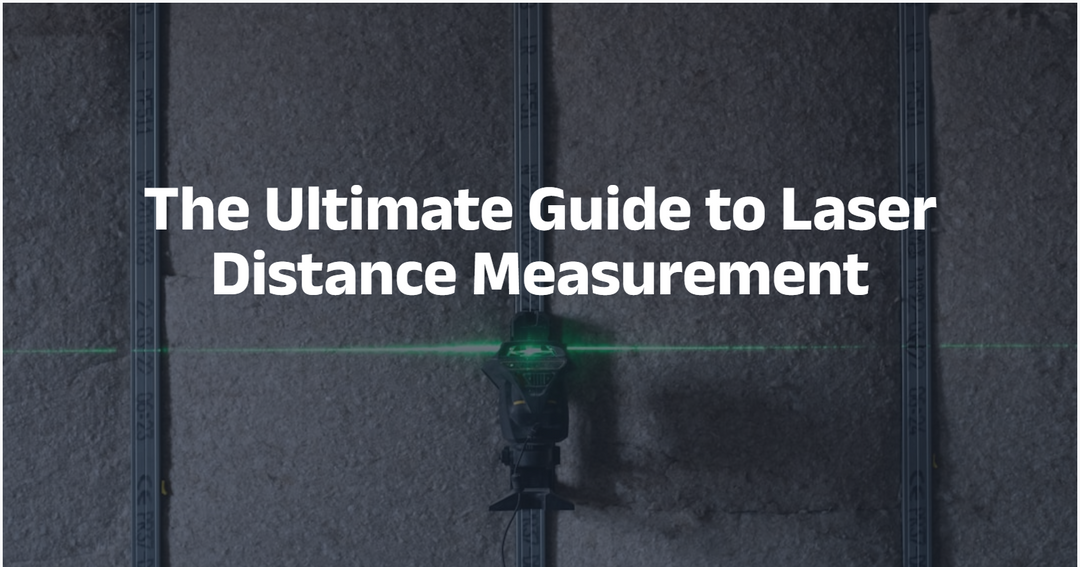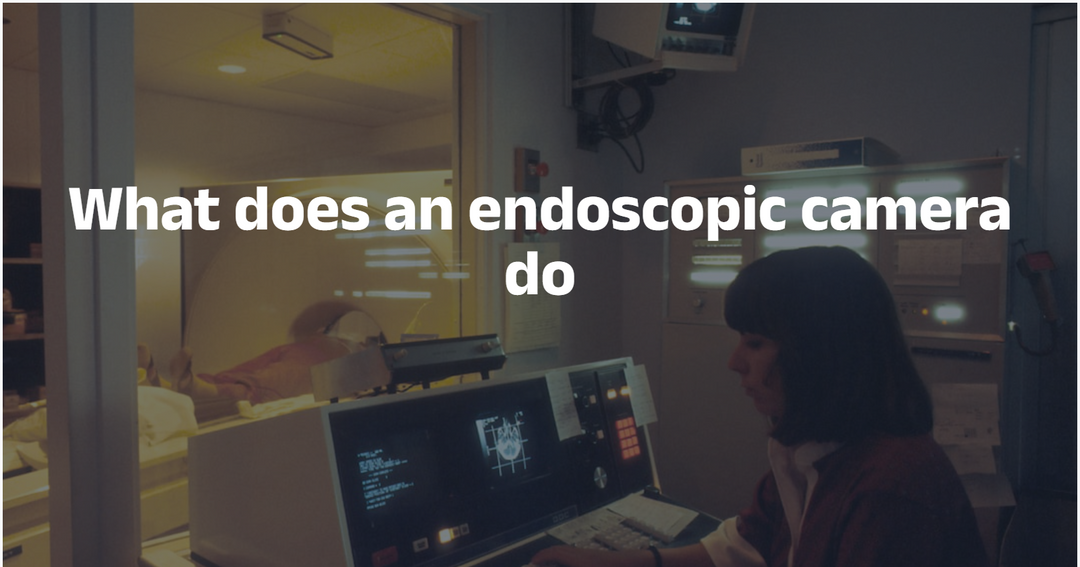How much does a car diagnostic cost
Well, the cost of a car diagnostic can vary widely depending on several factors.
In this article, we'll uncover the various costs of car diagnostics. We'll also provide some diagnostic tips for your car. Let's embark on this cool journey together!
Table of Content:
Part 1:How Much Does a Car Diagnostic Test Cost?

Average Cost of a Car Diagnostic Test
The cost of a car diagnostic test can vary depending on several factors, but on average, you can expect to pay anywhere from $50 to $100.
Some auto parts stores may offer basic diagnostics for free, but keep in mind that these are often limited to reading the error code and may not offer much in terms of troubleshooting or repairs.
For a more comprehensive analysis, it's best to visit a mechanic who can offer a thorough diagnostic test.
Part 2:Factors That Affect the Cost of a Diagnostic Test
No two diagnostic tests are exactly the same, and the cost can vary based on several key factors:
-
Location: In larger cities or urban areas, the cost of diagnostics can be higher due to increased overhead and labor costs. In contrast, rural areas typically have lower diagnostic costs.
Mechanics in these urban centers might tack on an extra 20% to 50% compared to suburban or rural areas. So, while a diagnostic could cost $100 to $140 in a bustling metropolis.
-
Mechanic’s Experience: Experienced mechanics might charge a bit more for their expertise and precision. While less experienced technicians may offer lower rates, they may take longer to accurately identify the issue.
-
Vehicle Make and Model: Some vehicles, especially those with more advanced electronics or luxury models, require more intricate diagnostic procedures, which could increase the cost.
For instance, a diagnostic for a BMW or Mercedes-Benz might be more expensive compared to a common domestic sedan. This is because their complex electronic systems demand proprietary tools and technicians with in-depth brand-specific knowledge.

Dealerships that handle these premium cars may charge anywhere from 300 just for the initial diagnostic, as they invest in the latest technology to accurately pinpoint issues within these sophisticated automobiles. -
Diagnostic Method Employed: Traditional diagnostic approaches, which rely on visual inspections, listening for odd noises, and basic manual tests, are generally less costly.
A local mechanic using these time-tested methods might only charge around $70.
However, when it comes to modern, high-tech diagnostics, the price jumps. Using advanced fault code readers that interface with the car's onboard computer, oscilloscopes for electrical signal analysis, and exhaust gas analyzers can drive up the cost.
Mechanics equipped with such comprehensive toolkits will typically charge $200, as these tools not only provide more precise results but also require significant investment and ongoing calibration.
Part3:What Is a Car Diagnostic Test?
A car diagnostic test involves connecting a specialized scanner to your vehicle’s onboard computer system (often through an OBD-II port).

This process retrieves error codes that can point to specific issues in the engine, transmission, exhaust system, or other vital components.
If your check engine light comes on, or if you're noticing unusual vehicle behavior, a diagnostic test is the first step in identifying and resolving the issue.
What Does a Full Car Diagnostic Include?
When you take your car to a mechanic for a thorough diagnostic test, here’s what you can expect:
-
Error Code Retrieval: The mechanic will retrieve error codes from your vehicle’s system to pinpoint the issue more accurately.

Some complex engine misfire or transmission issues could lead to diagnostic fees upwards of $250, especially if the mechanic has to use multiple tools and consult technical databases to crack the case.
-
Engine Performance Analysis: The engine will be checked for any irregularities in performance or inefficiencies that could affect fuel economy or power.
-
Transmission Check: The transmission system will be assessed to ensure it’s functioning properly and to identify any signs of wear or potential failure.
- Emission System Analysis: The mechanic will check the emission control system to ensure that the vehicle is in compliance with environmental standards.
Part4:What Are the Tools Used in Car Diagnostics?
Car diagnostic tools are essential for mechanics and DIY enthusiasts alike to troubleshoot issues efficiently.
These tools help gather detailed data about your vehicle’s performance, enabling accurate diagnoses.
Some of the most common diagnostic tools include:
-
OBD-II Scanners: These scanners plug into your car’s OBD-II port and retrieve error codes to help identify issues with your engine or other systems.

The NF-S611 is an upgraded Car Diagnostic Tool – Plug-and-Play Support OBD II/EOBD Protocols for Quickly Query the Fault Code and Automobile Parameters.
For only $35.99, you can get a high-quality car diagnostic tool, which is extremely cost-effective for both ordinary users and DIY enthusiasts, and it can save you a lot of money. Think about when the engine light comes on and you take out the tool to quickly find the error.
You can choose to simply troubleshoot and fix the problem yourself or tell the professional engineer the scope of the fault, which will greatly improve the efficiency of fault detection.
-
Scan Tools: More advanced than standard OBD-II scanners, these tools can provide in-depth analysis of multiple vehicle systems, such as the transmission, airbags, and anti-lock braking systems (ABS).
-
Diagnostic Software: Used by professional mechanics, diagnostic software connects to a computer or tablet to access detailed data from your vehicle’s electronic control units (ECUs).
-
Digital Multimeters: Though not exclusively used for car diagnostics, multimeters are invaluable for diagnosing electrical issues in the vehicle’s wiring and components.
-
Oscilloscopes: These specialized tools are used to analyze electrical signals, which can be crucial for diagnosing issues with sensors, ignition systems, or other electrical components.

Is a Car Diagnostic Test Worth It?
Absolutely! A diagnostic test is an investment in your car’s health and can save you money in the long run. Here’s why it’s worth the cost:
-
Early Detection of Problems: Catching issues early can help prevent minor problems from turning into major, expensive repairs.
-
Better Performance: Regular diagnostic tests ensure your car is running at its best, which can also improve fuel efficiency.
-
Safety Assurance: A diagnostic test can uncover potential safety concerns, like faulty brakes or airbags, helping keep you and your passengers safe.
When Should You Book a Diagnostic Test?
Knowing when to schedule a diagnostic test is key to maintaining your vehicle’s performance. Here are the best times to book one:
-
Check Engine Light Is On: This is the most obvious signal that your vehicle needs attention. If the check engine light is on, it’s time to book a diagnostic test.
-
Bought a Used Car: A diagnostic test is a great way to ensure there are no hidden issues with a used car you’re thinking of buying.

-
Preventative Maintenance: Even if everything seems fine, regular diagnostic tests can help catch small issues before they become big problems.
- Something Feels “Off”: If your car is behaving strangely or making unusual noises, a diagnostic test can help uncover any underlying issues.




